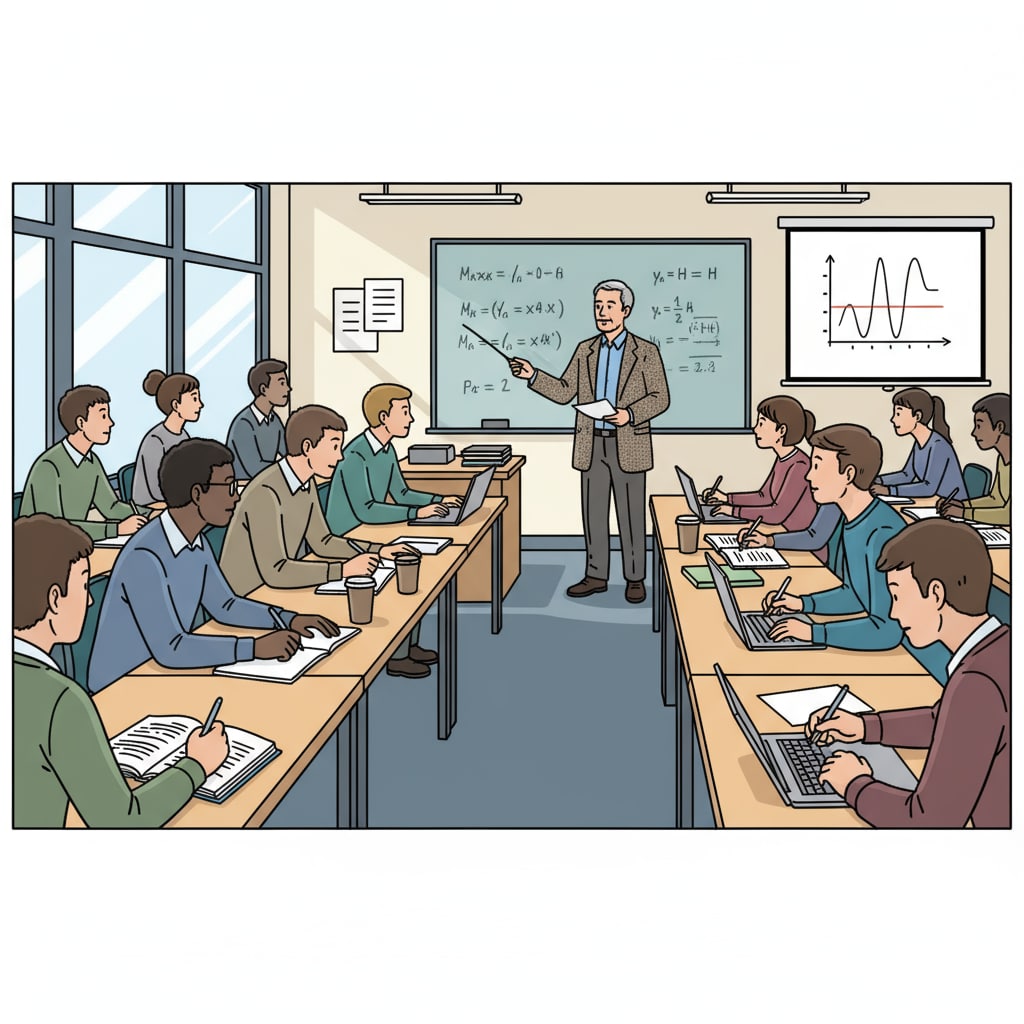In the realm of education, in-service physics teachers often aspire to enhance their knowledge and skills through postgraduate studies. This pursuit of further education not only enriches their academic understanding but also benefits their teaching careers.

However, juggling teaching responsibilities with postgraduate coursework can be a challenging task. This article aims to provide a practical guide for these teachers, exploring viable options for pursuing postgraduate degrees while maintaining their teaching commitments.
Understanding the Options: Types of Postgraduate Courses for Physics Teachers
There are several types of postgraduate courses available for in-service physics teachers. One option is the full-time postgraduate program. This typically involves attending classes on campus for an extended period, usually two to three years. The advantage of this model is the immersive learning experience. Teachers can fully engage with the academic environment, interact closely with professors and fellow students, and have access to extensive research facilities. Graduate education on Britannica However, the major drawback is the significant time commitment, which may require teachers to take a leave of absence from their teaching positions.

Part-time and Online Postgraduate Options
Part-time postgraduate courses offer a more flexible alternative. These programs allow teachers to attend classes in the evenings or on weekends, enabling them to continue teaching during regular school hours. In addition, online postgraduate courses have become increasingly popular. With the advancement of technology, many universities now offer virtual learning platforms where teachers can access lectures, course materials, and participate in discussions remotely. Online learning on Wikipedia This flexibility is a major advantage for in-service teachers, as it allows them to study at their own pace and fit learning around their teaching schedules. However, online courses may lack the in-person interaction and hands-on experience that some teachers prefer.
Another aspect to consider is the choice of specialization within the field of physics. Teachers can choose to focus on areas such as theoretical physics, experimental physics, or applied physics, depending on their interests and career goals. This specialization can further enhance their expertise and make them more valuable in the teaching profession.
Readability guidance: As we’ve seen, different postgraduate options have their own pros and cons. In the next section, we’ll discuss how to balance teaching and study effectively.


